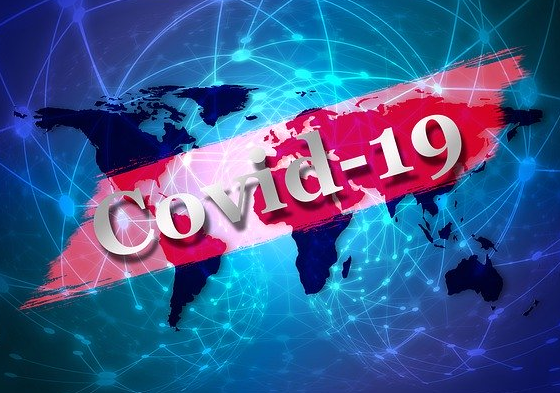Much depends on what happens in the coming months.
未来几个月将发生什么会是极其关键的。
Imagine, for the sake of argument, that the epidemiological curves I've obsessed over all year ultimately play out in our favor, and we can return to some semblance of normal. Imagine that effective treatments are found that make COVID-19 short-term and curable for just about anyone. Imagine that a vaccine is developed soon and that a significant portion of the world population gets it. If all that happens, why wouldn't we emerge from this with a greater appreciation of the scientific enterprise in all its messy brilliance?
纯粹想象一下,假设我已经关注了一整年的流行病曲线图最终呈现了对我们有利的结果,而我们回到类似之前的正常生活;假设有效的治疗方法出现了,能够缩短COVID-19的病程并几乎治愈任何人;假设疫苗很快就研发出来,全世界相当数量的人口都能注射。要是以上的假设都成真了,难道我们不该因此更懂得欣赏科学事业在混乱中所展现的卓越能力吗?

I try to hold on to that hope, despite the catcalls of politicians and "personal choice" zealots who second-guess everything the scientists do. I try to tell myself that sometimes our better angels prevail. And that there's an army's worth of better angels -- scientists, educators, doctors, nurses, public health advocates -- who, since that eerie image of the spiky coronavirus started haunting our collective dreams, have been working tirelessly toward a happy ending.
我努力怀抱这个希望,尽管政治人物与坚信“个人选择”的狂热分子总是高声批评科学家,质疑他们所做的一切。我试图告诉自己,有时善良的天使会获胜。而我们有一大群善良的天使--科学家、教育者、医生、护理师、公共卫生专家--自从新冠病毒那个多棘的恐怖形象开始成为我们的集体梦魇之后,这些人就一直努力不懈地工作,想要创造一个美好结局。
That's the ending I'm trying to believe in, where we emerge from this with a renewed appreciation of science as humanity's best chance of salvation from suffering and untimely death.
这是我想要相信的结局,我们从中再次懂得欣赏科学,视其为将人类从痛苦和早逝中拯救出来的最佳选择。












